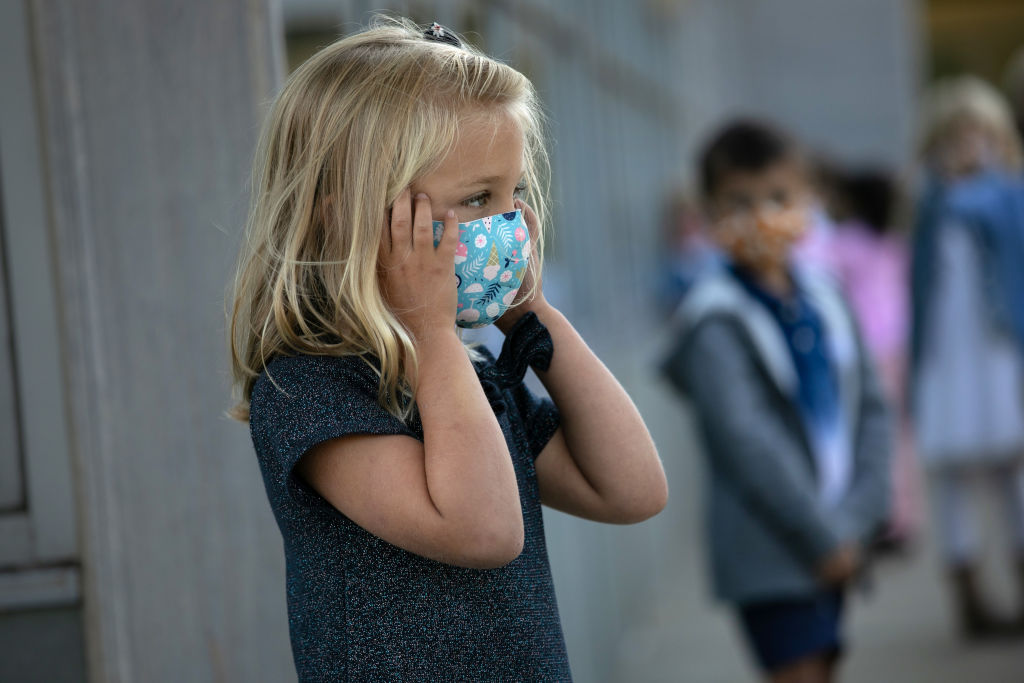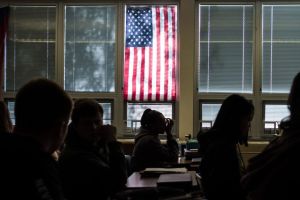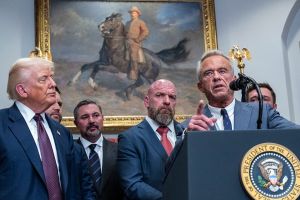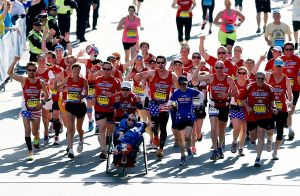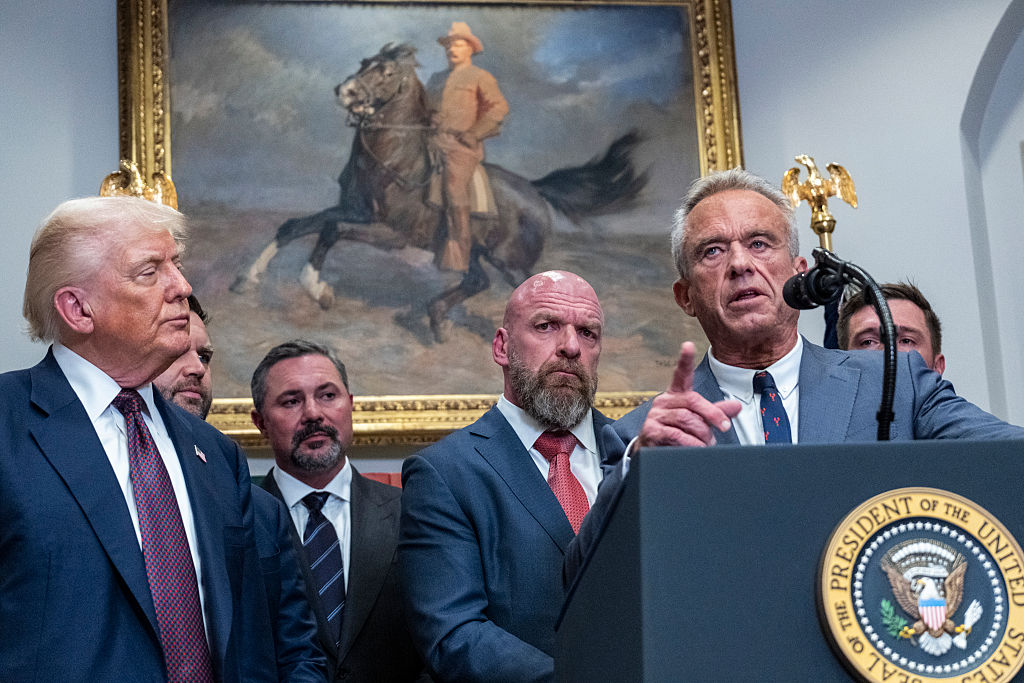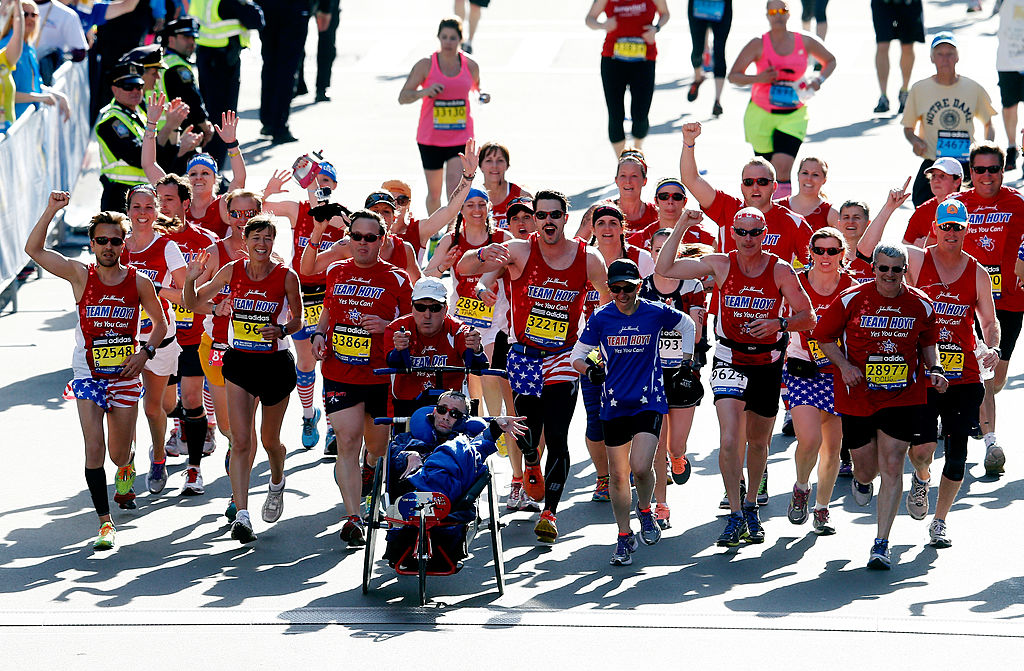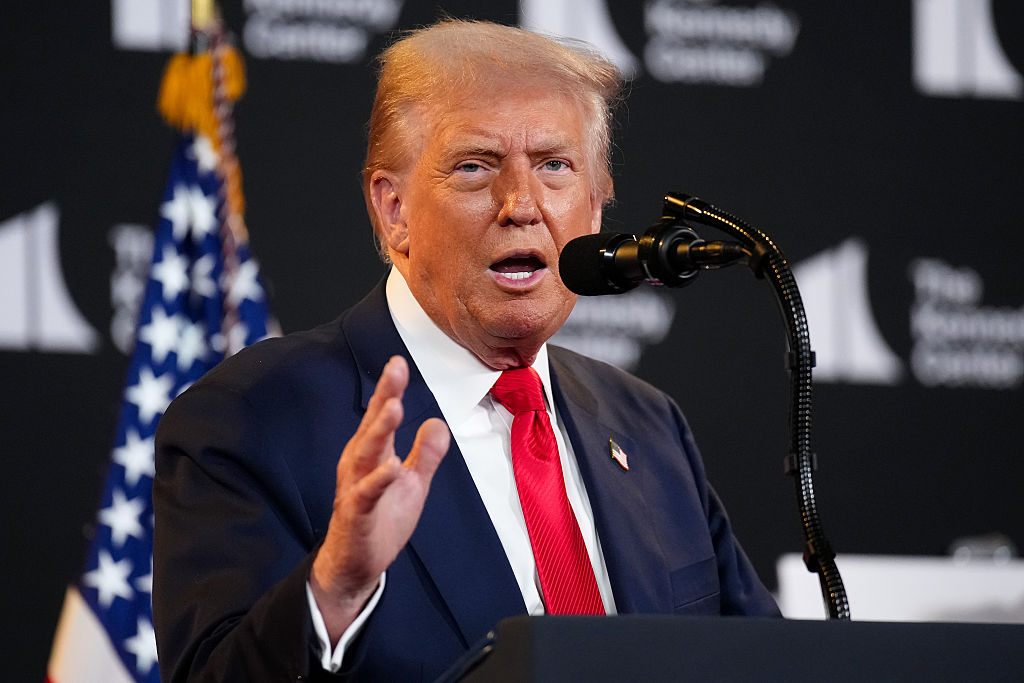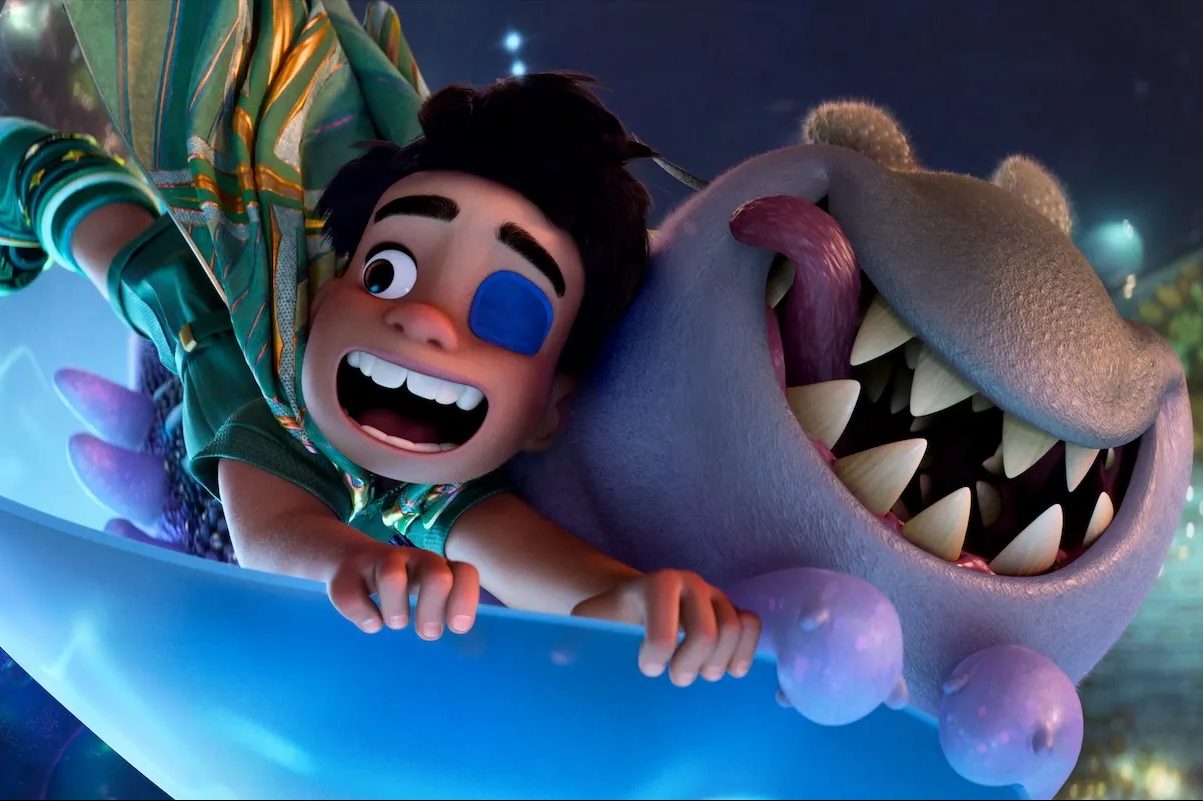I feel for Emily Dreyfuss. Really I do. Like millions of us, she is navigating parenthood in the midst of a pandemic. I feel even more for her son Huxley, the central figure of a piece she recently wrote for the Atlantic. Huxley is having difficulty negotiating the kindergarten social scene from behind the face mask mandated by his school.
Dreyfuss writes that her son “couldn’t tell his new classmates apart; he had trouble hearing them; he wasn’t sure whether they could hear him; and he became especially disoriented around lunchtime, he said, because that was when all the kids took their masks off. Suddenly they looked like entirely new people.” The normally affable boy developed anxiety from all of that confusion. And how could we expect anything else of a child deprived of essential facial cues while learning to be human?
It was a rude awakening for Dreyfuss. “With all the things to worry about in 2021,” she wrote, “it hadn’t occurred to me to fret about the social impact that masks might have on my son; I’d been so relieved that his public elementary school, in San Francisco,” natch, “would require them.”
And that’s just it. In spite of her son’s difficulties, Dreyfuss’s project has not been to question the mask regime, but to reinforce it. She concedes that psychologists have concerns about the social development of masked children, and that elementary schools in the United Kingdom are not mandating facial coverings. She cites World Health Organization advice that schools should consider the psychosocial development of children when weighing mask policies. She even links to a New York magazine piece that findings from the Centers for Disease Control and Prevention call into question the efficacy of masking children (and notes that the United States is unique in that we make our kids wear masks!).
And yet, Dreyfuss writes, without much by way of explanation, she finds mask policies in schools to be reasonable.
Given that Dreyfuss is a defender of masks, her focus is on what schools can do to help kids get by without facial recognition. Her suggestions include teachers encouraging children to talk with each other frequently — something they should be doing anyhow — and coaching kids to recognize alternative cues like eye movements. She also quotes a psychologist who suggested that children use a technique common to those suffering from the diagnosable condition called “face blindness”: try to identify people by recalling other characteristics like their mannerisms and shoes. The latter helped Dreyfuss’ son make a new friend.
That’s all well and good, but it’s a solution to a problem of our own making. In a story last week exploring how COVID impacts different age groups, the New York Times noted that “an unvaccinated child is at less risk of serious COVID illness than a vaccinated 70-year-old.” (The Times story is framed around a different Atlantic piece, this one written back in March by a Brown University economist who argued that vaccinated parents should feel comfortable being outside with unvaccinated children. The writer was lambasted at the time, but the Times concluded that she has been handily vindicated.)
Guidance from the CDC says that “multiple studies have shown that transmission within school settings is typically lower than — or at least similar to — levels of community transmission, when prevention strategies are in place in school.” These studies include several scenarios in which masks were not worn by children. In other words, schools are depriving children of normal human interaction for little discernible benefit.
Why doesn’t this make Dreyfuss livid? On Twitter, she acknowledged that readers were outraged by her continuing support of masks. “I understand,” she tweeted. “Masks are for some kids really hard.” Her own son is apparently one of those kids!
In a follow-up tweet, Dreyfuss offered that “One of the most important lessons of being a parent is that our attitudes rub off on our kids, our anxiety. Masks in school, especially when kids don’t already know each other, are hard socially. But life is full of hardship. We can model strength, or we can model panic.” It is debatable who is modeling strength: people clinging to the notion that children should be required to wear masks, or those suggesting — in keeping with reasonable scientific evidence — that they shouldn’t.
According to Dreyfuss’s account, her son developed anxiety because of the undeniable difficulties associated with masking, not because the adults around him didn’t have a stiff upper lip. It was only after he started having these difficulties that she considered the impact of masks.
Our elites like to say that the rubes taking Ivermectin to cure COVID are behaving that way because of a political position they refuse to abandon. Perhaps so, but isn’t the same true of those who refuse to acknowledge that muzzling kids is, at best, of dubious benefit, and at worst, inhumane? Haven’t they painted themselves, politically and psychologically, into a corner? Why should we treat children like Batman villain Bane just so that grownups can feel marginally more at ease?
My wife recently had a conversation with a friend who was working through this cognitive dissonance. “I guess some of these COVID measures must be traumatic and harmful for children,” she said. But then her voice trailed off and she added with a sigh, “Well, kids are resilient.” Sure, but just because kids are resilient does not mean we have to be the cause of their problems.
I would never presume to tell Dreyfuss how to parent her children. Clearly, she cares deeply about her son, and is doing what she believes is best for her family under the same difficult circumstances we all face. If she wants to put a mask on her son, that should be her choice, and hers alone. I just wish she supported the same freedom for the rest of us.



